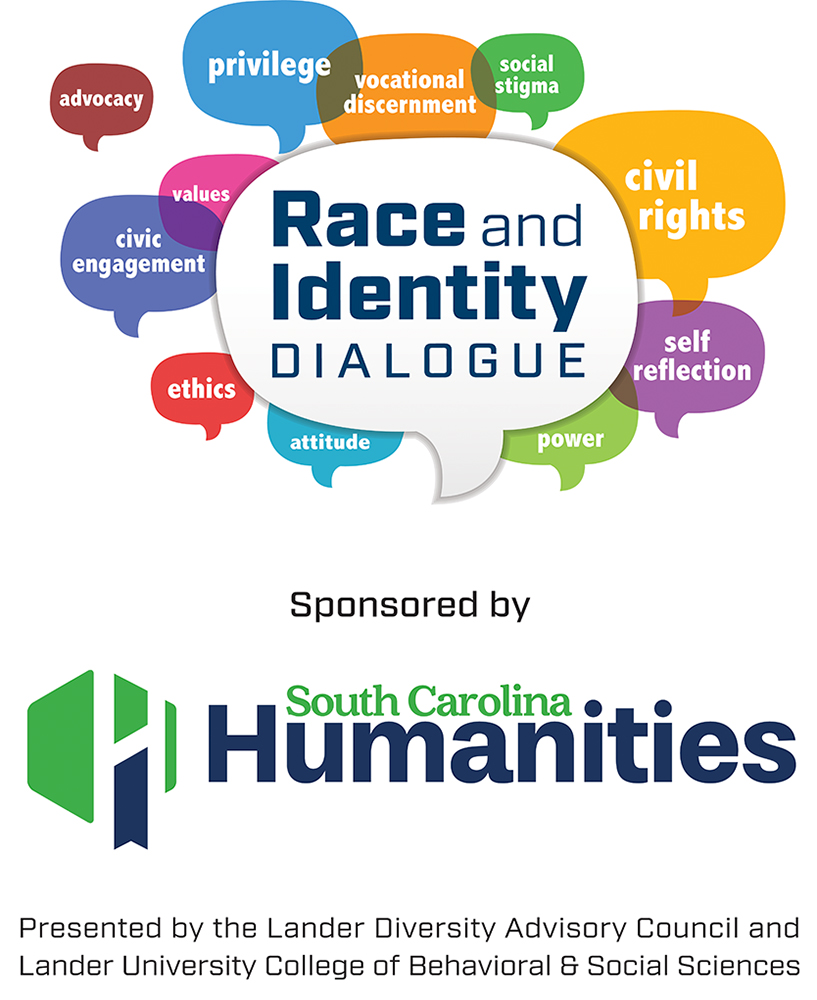 Lander University will continue its Race and Identity Dialogue through the month of February, with two virtual sessions for students, faculty, staff and members of the public.
Lander University will continue its Race and Identity Dialogue through the month of February, with two virtual sessions for students, faculty, staff and members of the public.
The first session, titled "The Story of Dr. Benjamin E. Mays," will take place on Thursday, Feb. 4, at 5:30 p.m. The session will be led by Dr. Kevin Witherspoon, professor of history and Dr. Benjamin E. Mays endowed chair at Lander; and The Rev. Chris Thomas, director of the GLEAMNS Dr. Benjamin E. Mays Historical Preservation Site. The session will focus on the leadership of Dr. Mays, a native of Greenwood County who was an educator and long-time civil rights activist.
The second session, titled "Personal Writing as Personal Reckoning," will take place on Thursday, Feb. 18, at 5:30 p.m. The session will be led by Laura Martin, lecturer of English at Lander, and moderated by The Rev. Alexis Carter Thomas, adjunct instructor of religion at Lander. This session will explore the ways storytelling and personal writing can be used as tools for empathy and self-awareness.
Both sessions are part of a semester-long series of virtual discussions bringing together scholars, civic and campus leaders, and students for the purpose of encouraging dialogue about race and identity. The series is supported by funds from the National Endowment for the Humanities through a grant from South Carolina Humanities.
Both sessions will be virtual and hosted via Crowdcast. These events are free and open to the community. To register, please visit www.lander.edu/ridialogue. Once registered, the Crowdcast platform will allow participants to add the event to their personal electronic calendars.
South Carolina Humanities
The mission of South Carolina Humanities is to enrich the cultural and intellectual lives of all South Carolinians. This not-for-profit organization presents and/or supports literary initiatives, lectures, exhibits, festivals, publications, oral history projects, videos and other humanities-based experiences that reach more than 250,000 citizens annually. South Carolina Humanities receives funding from the National Endowment for the Humanities as well as corporate, foundation and individual donors. It is governed by a volunteer Board of Directors comprised of community leaders from throughout the state.